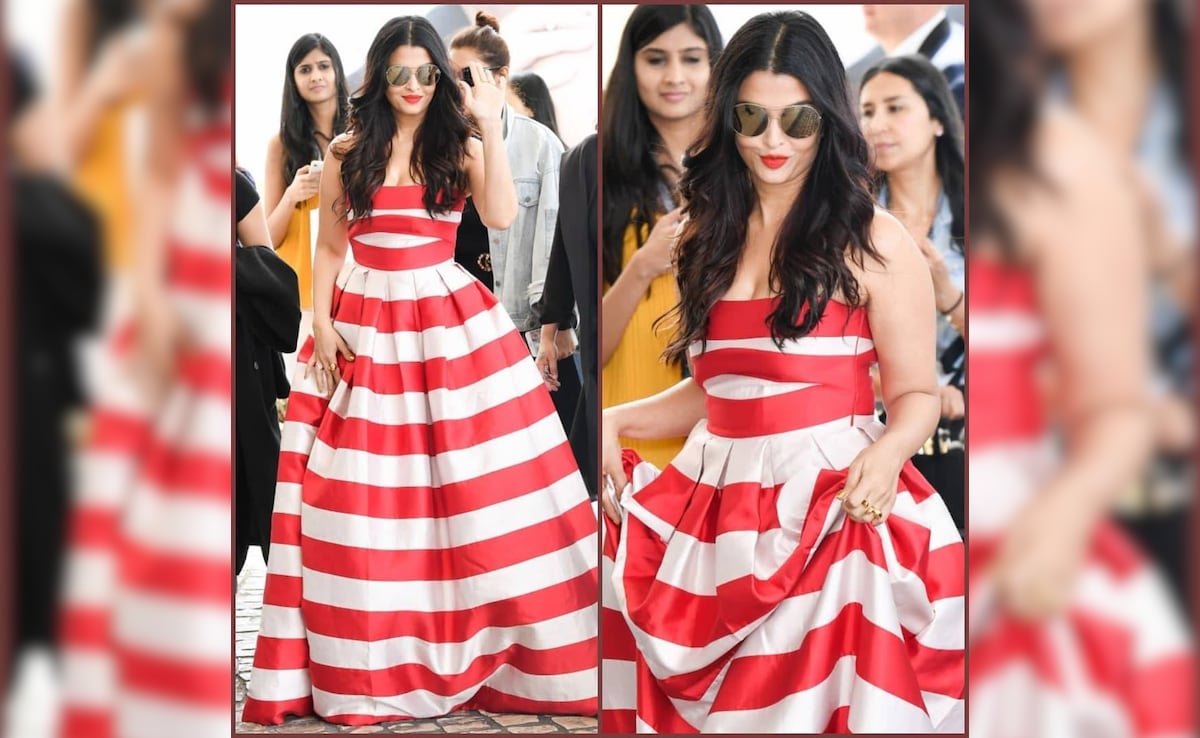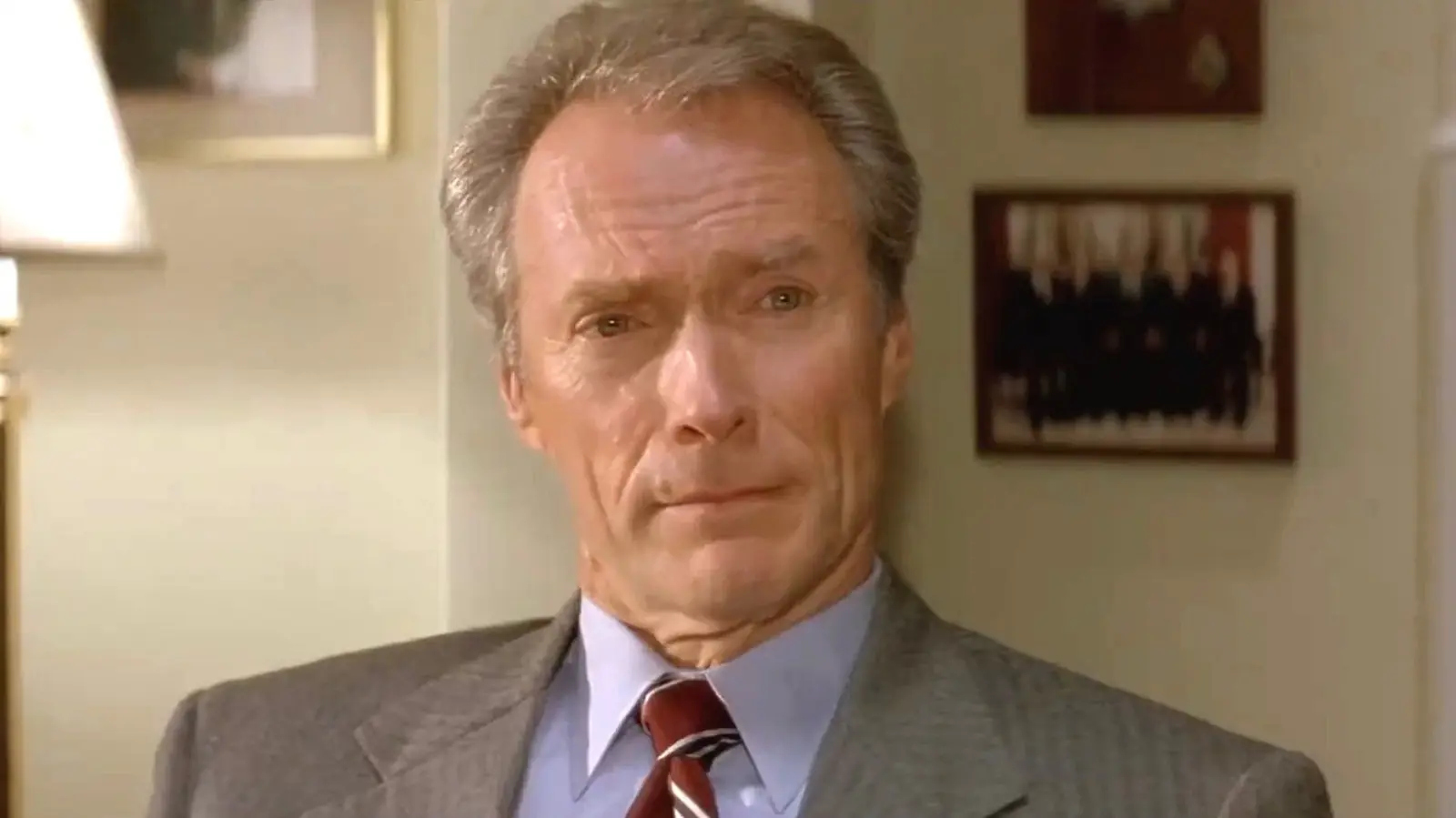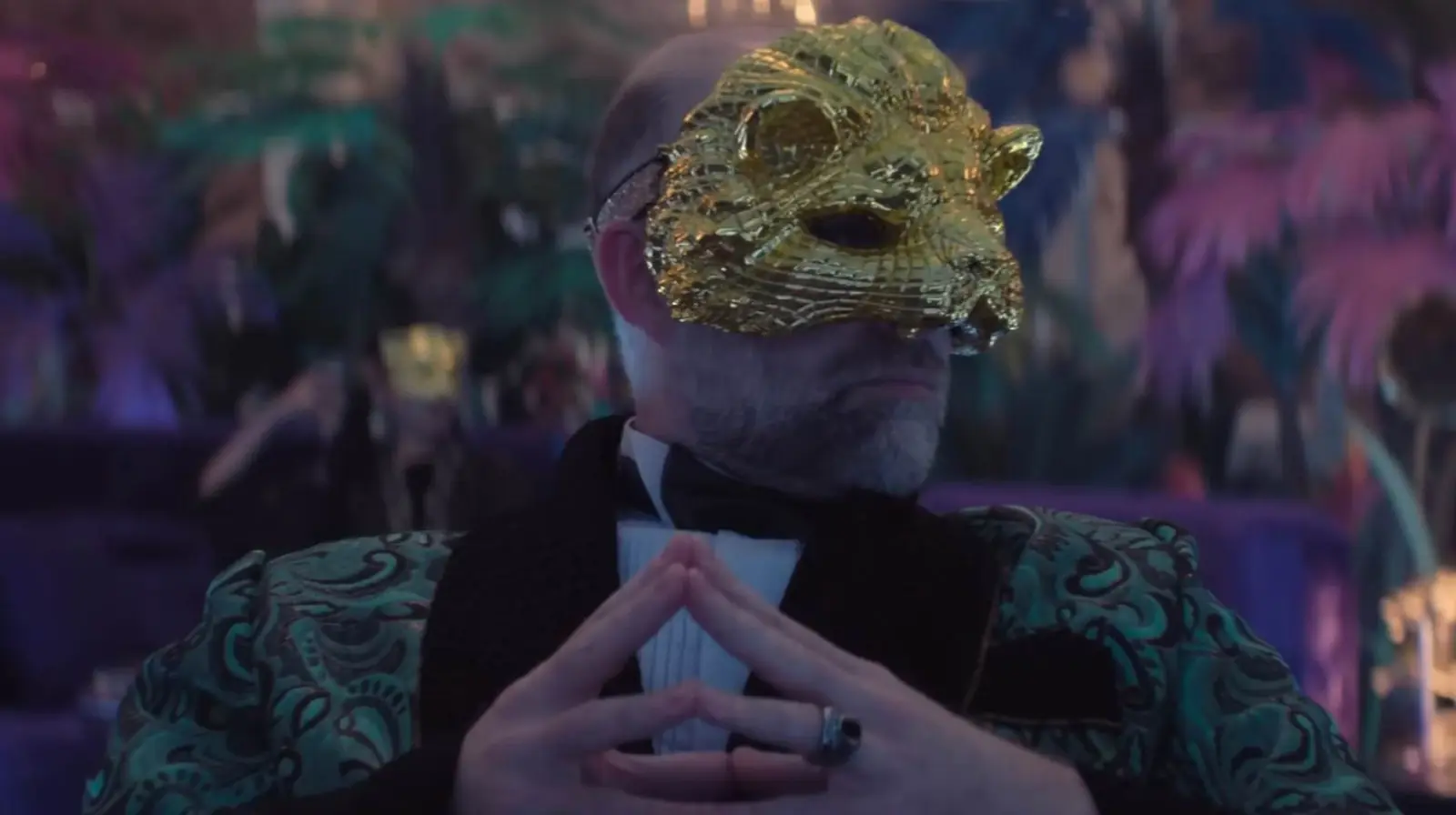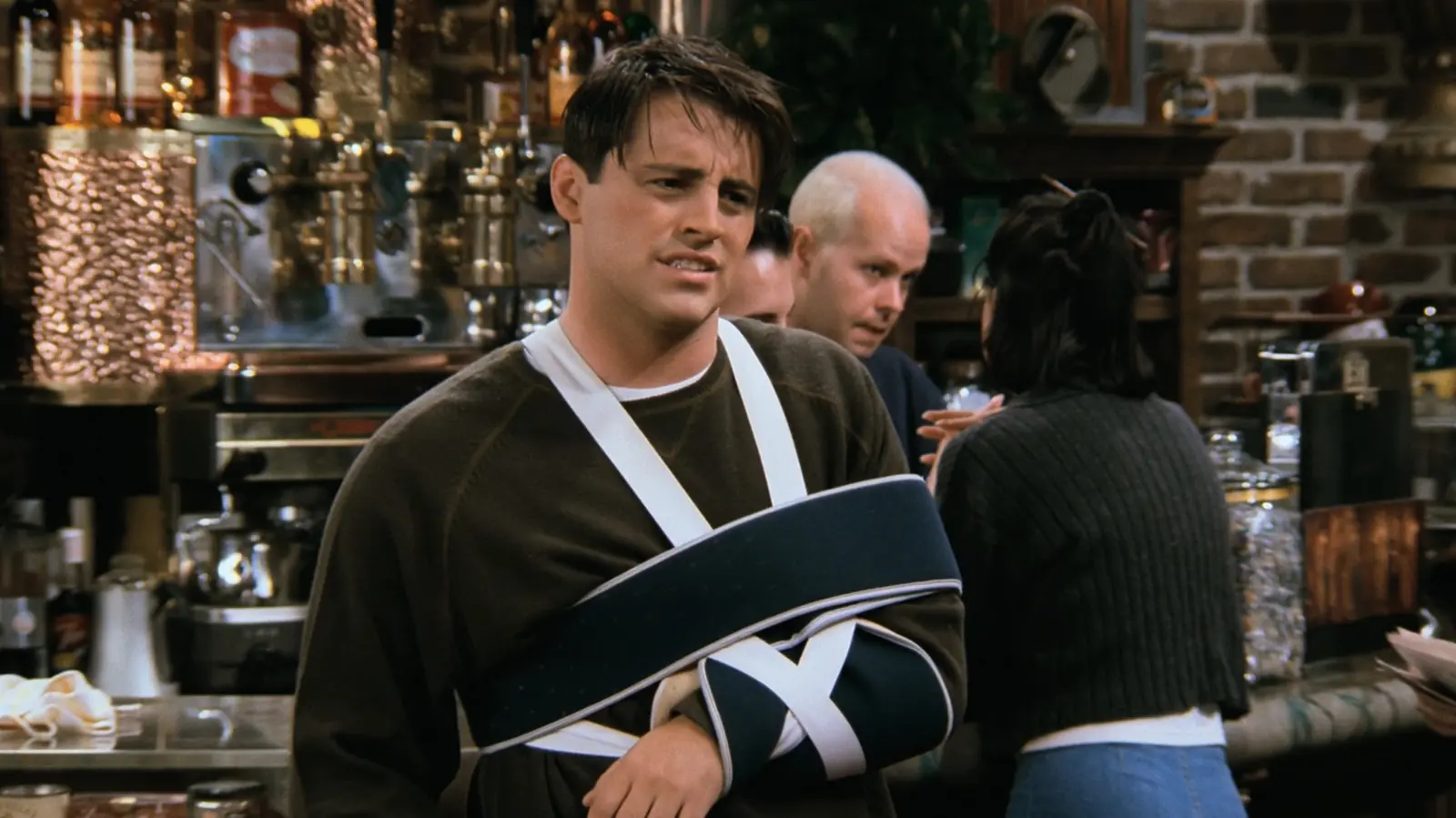The Cannes Film Festival, renowned for its glamorous and star-studded events, is making headlines with a new approach to its dress code. This year, the organizing committee has announced a significant policy change that aims to uphold a specific standard of decorum on the red carpet. The festival’s officials have decided to enforce restrictions on attire that might be deemed too daring or overly extravagant.
In an official statement, Cannes representatives clarified the motivation behind the revised dress code guidelines, stating, “The aim is to prohibit full nudity on the red carpet.” This decision was made to preserve the esteemed image and dignity associated with the film festival, which is an event of international prominence and influence.
The policy change is anticipated to spark discussions and mixed reactions among the celebrities, designers, and movie enthusiasts who gather each year in the French Riviera town to celebrate cinema in all its facets. The Cannes Film Festival is not just a celebration of films but also a platform where fashion makes an indelible impact.
Historically, the red carpet at Cannes has served as a stage for a breathtaking array of haute couture, with designers and fashion houses from around the world showcasing some of their most innovative and bold creations. However, in recent years, the boundary-pushing nature of some ensembles has provoked debates about appropriateness and the overall essence of the festival’s image.
A Cannes spokesperson explained that the aim is not to stifle creativity or fashion expression but rather to set clear expectations on the standards of fashion for this prestigious event. Therefore, in addition to prohibiting full nudity, the festival also expressed a desire to limit “voluminous” outfits which could be interpreted as those that are overtly extravagant or cumbersome.
The directive seeks to ensure that the focus remains on the films, directors, and performances that lead the festival rather than on spectacle-driven fashion. It is argued that this approach will emphasize the foundational purpose of the Cannes Film Festival, which is the recognition and celebration of cinematic achievements.
Celebrities and fashion designers are expected to adapt to these new guidelines, strategically adjusting their ensembles to comply while still striving for uniqueness and sophistication. The ability to balance regulation with creativity may result in innovative fashion statements that adhere to the new rules but still captivate and enchant audiences worldwide.
The reforms could set a precedent, influencing the protocols at other high-profile events. As attendees navigate these new sartorial rules, observers are keen to note how fashion houses react and evolve their designs to fit within the parameters while also pushing boundaries in new, acceptable directions.
Some advocates for freedom of expression through fashion have voiced concerns that such guidelines could infringe upon personal and artistic freedom. The ongoing dialogue between maintaining tradition and embracing modern expressions of identity continues to be central to discussions about fashion at international events like Cannes.
On social media platforms, opinions are divided. While some applaud the decision, viewing it as a step towards returning the focus to cinematic art rather than red carpet theatrics, others express disapproval, concerned that essential elements of fashion innovation may be stifled. This division underscores the broader societal discourse regarding the balance between respectability and modern self-expression.
The festival’s strategic moderation may aim to appeal to a wider demographic, ensuring that the event remains suitable for all audiences, including families and diverse cultural backgrounds. Moreover, this initiative could encourage a broader acceptance and embracing of varied fashion interpretations that align with different cultural and social norms.
Amid these changes, the Cannes Film Festival’s commitment to celebrating the art of cinema remains steadfast. The event’s storied history of honoring filmmakers and providing a global platform for showcasing moviemaking excellence is poised to continue unabated. As Cannes evolves in its approach to red carpet fashion, it does so with an ever-present respect for the film industry’s profound cultural and artistic impact.
As the festival’s new guidelines are implemented, all eyes will be on the red carpet when the event unfolds. Observers will be eager to see how these changes influence the dresses, suits, and ensembles that grace the revered walkway. Cannes continues to inspire, combining the worlds of film and fashion while respecting the evolving expectations of a dynamic global audience.






